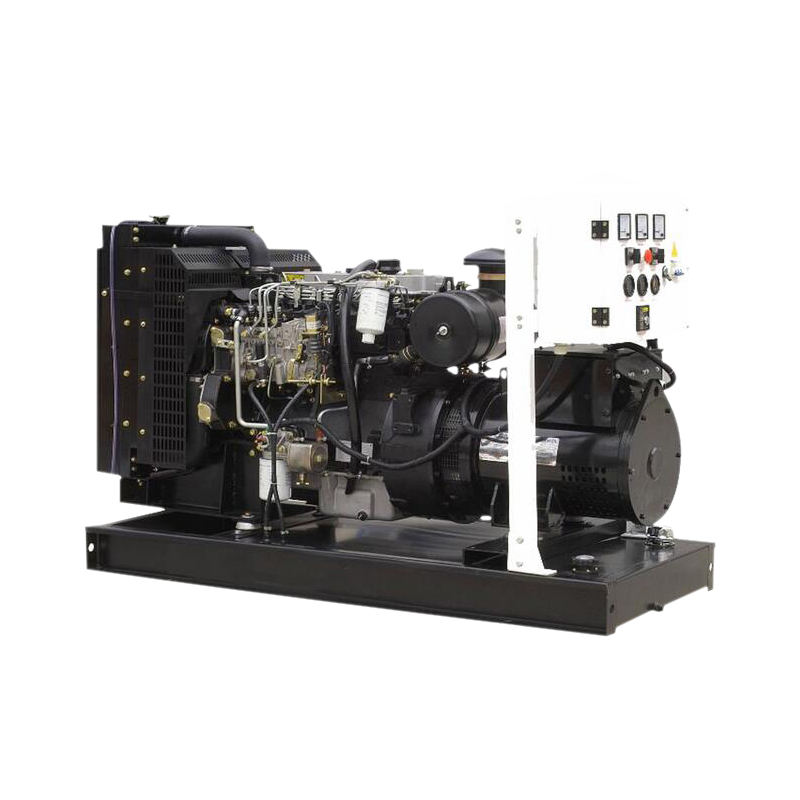Understanding Generator Sets: The Basics
Generator sets, also known as gensets, are essential power backup solutions during outages or in remote locations. In my experience, understanding the difference between single-phase and three-phase generator sets can help you make an informed decision when choosing the right equipment for your needs.
What is a Single-Phase Generator Set?
A single-phase generator set produces one alternating current wave. They are typically smaller, lighter, and more affordable, making them ideal for residential and small commercial applications. Single-phase generators can power lights, small appliances, and tools effectively.
What is a Three-Phase Generator Set?
On the other hand, a three-phase generator set generates three alternating current waves simultaneously, with each wave 120 degrees out of phase with the others. These generator sets are more powerful and efficient, providing consistent and balanced power to larger commercial and industrial operations.
Key Differences Between Single-Phase and Three-Phase Generator Sets
Power Output and Load Management
As it turns out, three-phase generator sets offer higher power output and better load management compared to single-phase generators. This is because three-phase power supplies constant and consistent energy, resulting in smoother operation of heavy-duty machinery and equipment.
Efficiency and Running Costs
Interestingly enough, three-phase generator sets are generally more efficient and have lower running costs than single-phase generators. This is due to their ability to handle larger electrical loads without overheating or straining the system.
Applications and Use Cases
Single-phase generator sets are perfect for powering smaller homes, offices, or job sites. In contrast, three-phase generator sets are better suited for industrial applications, large commercial buildings, and data centers that require consistent and reliable power.
Practical Applications and Considerations
Sizing Your Generator Set
When selecting a generator set, it's crucial to consider your power needs. Have you ever wondered how to determine the right size? A good rule of thumb is to calculate your total wattage requirements and choose a generator set with a slightly higher capacity to accommodate any power surges or future expansion.
Fuel Types and Consumption
Generator sets typically run on diesel, natural gas, or propane. Diesel generators are popular for their reliability and fuel efficiency. Natural gas generators offer cleaner emissions, while propane generators provide an excellent balance between cost and performance.
Noise Levels and Environmental Concerns
While single-phase generator sets are generally quieter than three-phase generators, modern three-phase units come with advanced noise reduction technologies. Additionally, consider environmental regulations and emissions standards when choosing a generator set.
Conclusion: Making the Right Choice for Your Power Needs
In conclusion, selecting the right generator set depends on your specific power requirements and budget. Single-phase generator sets are ideal for residential and small commercial applications, while three-phase generator sets are better suited for larger industrial and commercial operations. By considering factors such as power output, efficiency, and fuel consumption, you can make an informed decision and ensure reliable power backup for your needs.
For more detailed information, please visit our official website: single-phase generators





